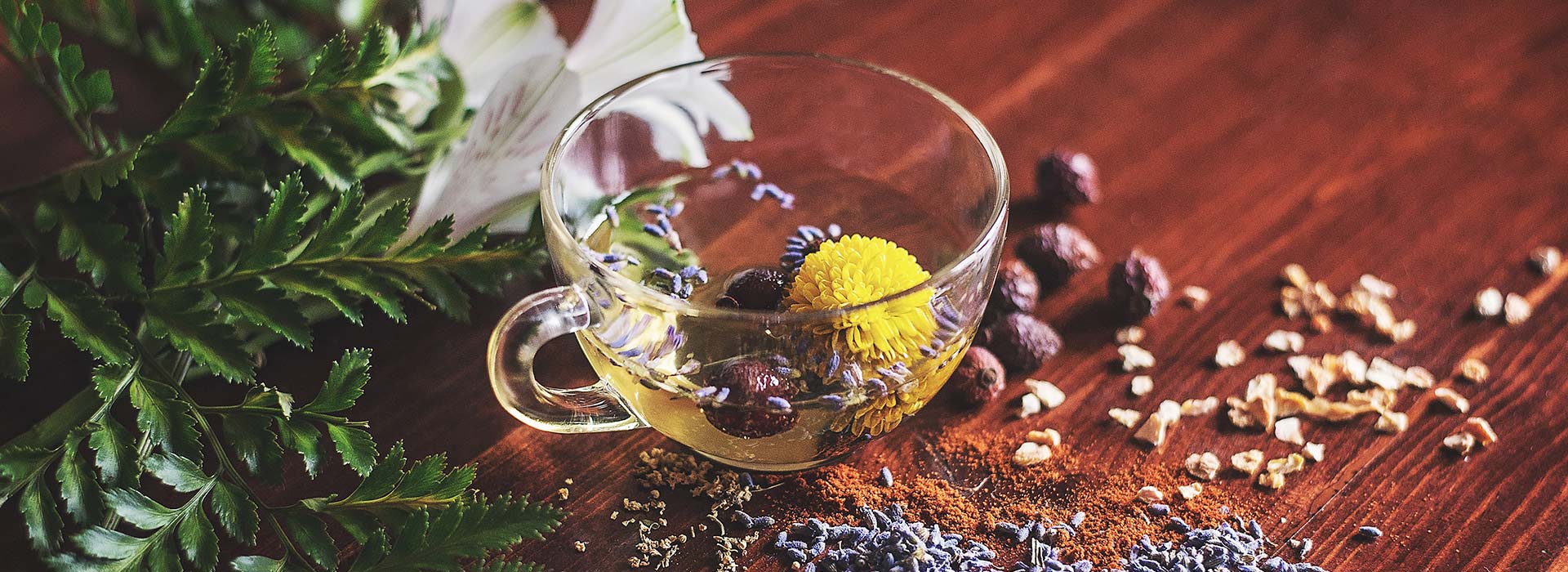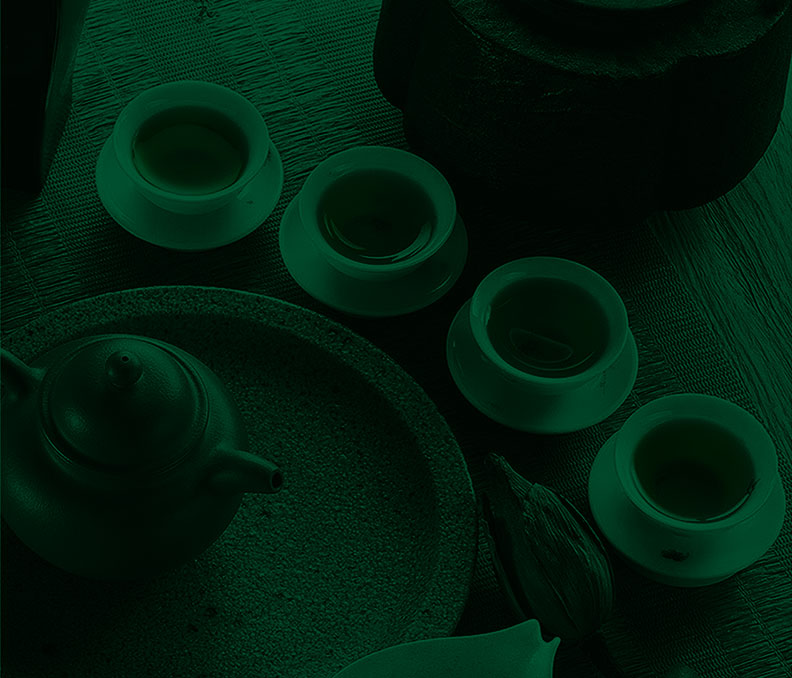Tea is an infusion of fresh leaves from the Camellia sinensis plant. The beverage is known to be the most consumed in the world, after water. Over the years, tea drinkers have heard the health benefits and drawbacks of drinking tea. But can tea actually improve your health or is it one big myth?
The roots of tea
Tea was first discovered in China by the emperor and herbalist, Shen Nong; in 2737 B.C when a few leaves from the Camellia sinensis bush floated into his cup of hot water. The herbalist tasted this new infusion and thus, the era of tea began! Tea then began to spread rapidly throughout the western world, where traders would illegally sell tea to the highest bidder. It was only much later when tea began to grow in countries like Sri Lanka that China lost its monopoly over the industry.
Varieties of tea
There are 4 main varieties of tea and each of them have health benefits. Black, white, green and oolong teas all stem from the Camellia sinensis plant. The only difference is how each of them are processed. The process refers to the oxidation of tea and by exposing the leaves to air, tea artisans can create different aromas and flavours from it. Tea that is less oxidized has a gentle and lighter aroma and taste such as oolong tea, while tea that is more heavily oxidized will have a dark red/brown tone such as black tea. White and green tea is not oxidized and have a light, pale yellow colour. It should also be noted that herbal teas are not made from the Camellia sinensis plant, but rather are a combination of several other ingredients such as seeds, flowers, roots and other herbs such as Cinnamon, Chamomile etc.
Ceylon tea
Sri Lanka, known for its iconic Ceylon tea is famed for its rich tastes and aromas and comes in black, white and green varieties. Ceylon tea in comparison to tea found in other countries are often characterized by its unique Dimbula tea character and hints of citrus. Ceylon green tea has a stronger flavour than other green teas, while Ceylon white tea is loved by tea lovers from around the world as it has undertones of honey. Tea is grown around the year on the island and has thus become the second largest country that produces tea. Another unique feature of Ceylon tea is the fact that so much variety is produced on an island that is geographically so small. Ceylon tea is rich in minerals, antioxidants, vitamins A, B1, B6 and C.
Black tea and your heart
Black tea is known to be packed with antioxidants, particularly Ceylon black tea, which improves cardiovascular health. The high amount of antioxidants in Ceylon black tea will not only improve your heart’s health, but will also help to lower blood pressure and cholesterol. The presence of flavonoids aid in limiting cardiovascular diseases and preventing heart attacks. Ceylon black tea contains an amount of potassium that’s crucial to your heart’s health as it relaxes the built up tension in the arteries and blood vessels, which in turn helps to maintain healthy levels of your heart and reduce the strain on it. Having a cup of Ceylon tea at the start of your day, followed by fruits that are rich in potassium, like bananas, can be highly beneficial to your heart’s long term health. However, do keep in mind that drinking black tea isn’t going to solve any cardiovascular disease, and it only acts as an aid.
Black tea and your immune system
Black tea boosts your immune system. The tannins present in black tea, which are a group of organic molecules present in plants, will help in protecting and preventing viruses like a cold and flu. Ceylon tea can help improve the body’s response time to fight foreign agents and pathogens and keep off any illness. The antioxidants in Ceylon tea also help in reducing oxidative stress. Black tea is packed with vitamins and essential minerals to maintain your body’s health levels. Studies conducted throughout the years have shown that the tannins present in black tea help fight certain viruses, hepatitis and dysentery.
Black tea and cancer
It is a common statement that black tea helps in preventing various forms of cancer. Black tea is only one of the many things that aid in preventing cancerous cells from developing, and not the sole prevention for cancer. It has been stated that the compound present in black tea which helps to prevent the onset of cancer is known as TF-2, which causes apoptosis of cancer cells, and helps to stop cancer cells from growing. Ceylon black tea aids in preventing damage to the cells caused by free radicals; which have the potential to age your skin’s cells and lower the body’s defence system thereby bringing about the growth of tumorous cells. Though not clearly confirmed, the consumption of black tea plays a role in preventing breast cancer, stomach and prostate cancer.
Black tea and beauty
Black tea has been used to improve the skin by nourishing it with vitamins B2, C and E, minerals such as zinc, potassium and magnesium and with the essential polyphenols and tannins. The caffeine along with some chemical components can aid in preventing oral viruses which could develop into skin infections. Black tea has also been known to reduce the signs of premature aging. Directly applying black tea bags beneath your eyes can reduce dark circles. In addition, the caffeine and high level of antioxidants present in black tea is wondrous for your hair health and its growth. By adding black tea to your hair care routine, it can add shine to your hair. However, keep in mind that excessive caffeine might stunt your hair growth.
Ceylon green tea has high levels of antioxidants as the teas are not fermented or oxidized, however in comparison to Black tea, the health benefits of Green tea are marginally different.
Green tea and weight loss
A common misconception is that green tea will make you lose weight. It is important to debunk this myth, as green tea only aids in removing water weight and not fat, and helps increase the body’s metabolism. The benefit of drinking green tea for the sole reason of losing weight can be very small, when compared to other methods such as regular exercise and healthy eating habits. Green tea sometimes acts as an appetite blocker and prevents the consumer from having a healthy appetite.
Green tea and memory
According to a recently published research article by Psychopharmacology, green tea has been said to enhance the cognitive functions of the brain, and can aid in the treatment of neuropsychiatric disorders like dementia. The Alzheimer’s Society have also stated that significant properties of green tea helps in reducing the risk of contracting the disease.
Green tea and oral health
The regular consumption of tea has been said to improve oral and dental health. According to a study carried out in 2016, drinking green tea in particular, will aid in protecting against gum disease and cavities. The anti-inflammatory and antioxidants found in green tea will promote gum health and reduce the risk or oral cancers.
White tea is derived from the same tea plant, except it is only the buds used and during the processing, the tea is not oxidized or rolled, which gives it a lighter colour and a milder taste, compared to black tea.
White tea and mental heath
Thanks to the large number of strong antioxidants found in white tea, it is known to help protect your brain cells from damage, thereby protecting the brain from mental illnesses such as depression or Alzheimer’s disease.
White tea fights bacteria
The anti-bacterial chemicals found in white tea will also promote your physical health while protecting your body against any illness or infections.
Oolong Tea
Oolong tea is semi-fermented and is made by withering the tea leaves and then leaving them out to dry under direct, intense sunlight. Once dried, the leaves are then rolled in to clumps and dried for a longer time. Oolong tea is light in colour with a mild taste.
Oolong tea and diabetes
Recent studies have shown that drinking oolong tea, which is packed with antioxidants and high water content helps to maintain your blood – sugar levels, thereby preventing problems such as diabetes.
Oolong tea and oral hygiene
Oolong tea has also known to solve and aid in preventing numerous dental issues such as plaque build-up, cavities, etc. According to research, rinsing your mouth with oolong tea will help protect it from excessive plaque.
Despite the different health benefits attributed to the different teas, all types of tea in general are known to be beneficial to one’s health as the difference in the teas are to do with the manufacturing process and not necessarily the tea plant itself.



























